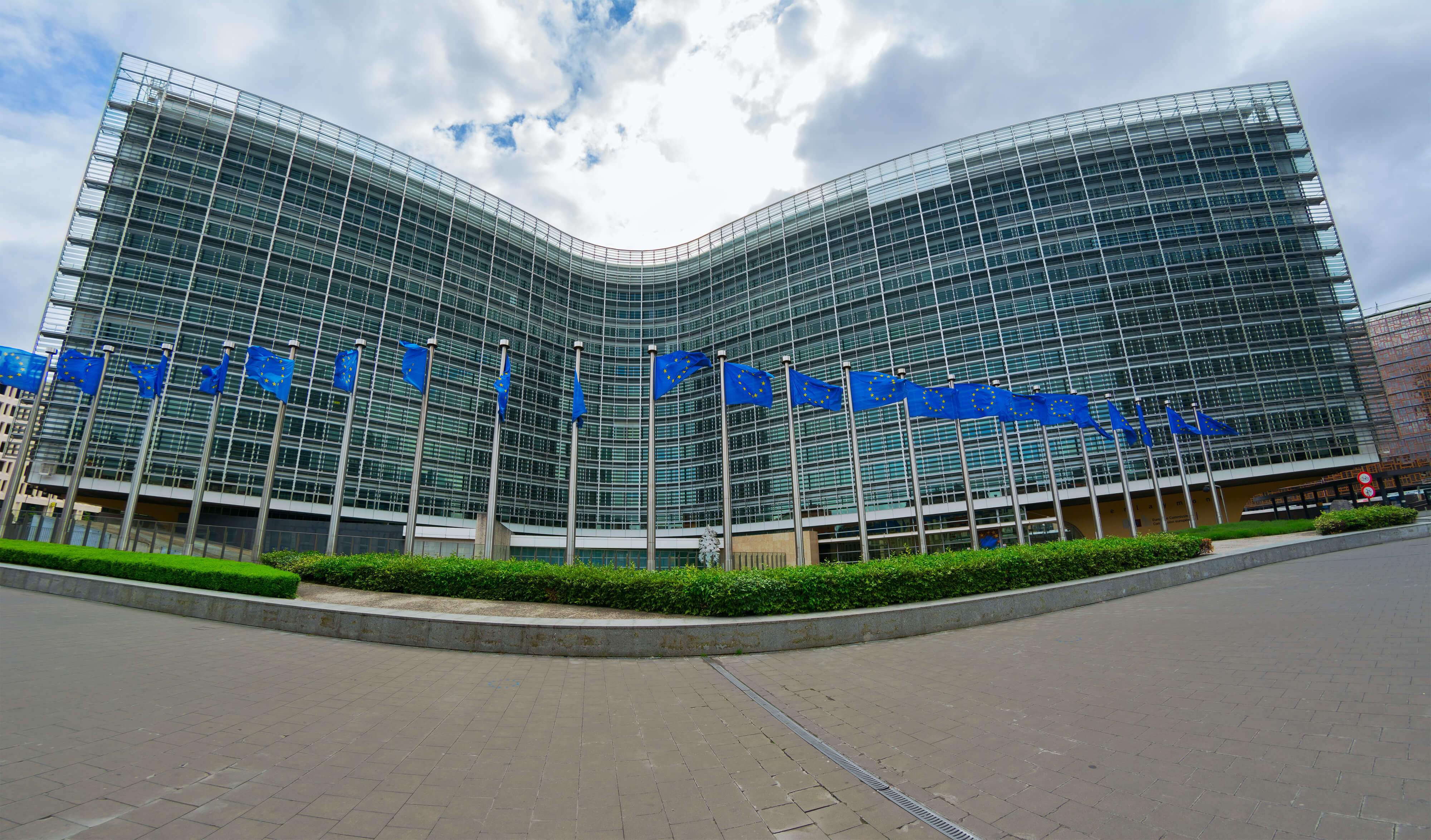- Apple and Meta refuse to sign EU’s voluntary AI Pact, highlighting growing tensions with European regulators.
- Mario Draghi’s critique of approach indicates focus on regulation risks innovation.
Brussels’ latest attempt to wrangle the AI beast has hit a significant snag. The European Union’s much-touted AI Pact, designed to get tech companies on board with upcoming regulations, has been publicly snubbed by two of Silicon Valley’s heavyweights: Apple and Meta.
This high-profile rejection comes not too long after former Italian Prime Minister Mario Draghi blasted the EU for its “small yard and high fence” mentality towards tech innovation, painting a picture of a continent at risk of being left in the digital dust.
The AI Office has since initiated the development of the AI Pact, which is structured around two pillars. Source: European Commission
The AI Pact, the European Commission’s brainchild, was intended as a voluntary preview of the EU’s upcoming AI Act, and over 100 companies signed on, including tech giants like Amazon, Google, and Microsoft. But the absence of Apple and Meta isn’t just a minor hiccup—it’s a glaring signal of the growing rift between Europe’s regulatory ambitions and Big Tech’s innovation-driven ethos.
This rejection by two heavyweights comes as Europe grapples with its role in the global AI race. Draghi’s recent report on Europe’s competitive position paints a stark picture of a continent at risk of falling behind due to overzealous regulation.
The EU’s approach, characterized by a strong emphasis on consumer protection and data privacy, has created an environment that some argue stifles innovation rather than fostering it. Apple and Meta’s reluctance to join the AI Pact is not an isolated incident but part of a broader pattern of friction between the companies and EU authorities.
Both firms have recently faced challenges to rolling out AI-powered features in Europe due to regulatory concerns. Meta, for instance, has been vocal about the “fragmented and unpredictable” nature of EU regulatory decision-making, warning that Europe risks missing out on AI technologies that could “turbocharge productivity.”
Voluntary pact or regulatory trap?
The standoff highlights a fundamental tension in the EU’s approach to technology governance. On one hand, the bloc seeks to position itself as a global leader in ethical AI development, setting high standards for safety and transparency. Conversely, it faces criticism for creating a regulatory environment that may deter innovation and investment in cutting-edge technologies.
The AI Pact represents an attempt by the EU to bridge the gap, offering a voluntary framework for companies to align, in advance of upcoming regulations. However, the refusal of key players like Apple and Meta to participate suggests that more may be needed to address the tech industry’s underlying concerns.
The timing of this development is particularly significant. With the AI Act set to be rolled-out in stages over the coming years, the EU had hoped that the AI Pact would serve as a precursor, encouraging early adoption of its principles. The lukewarm reception from some quarters of the tech industry may force a reassessment of this strategy.
The situation also raises questions about the effectiveness of voluntary agreements in a field as complex and fast-moving as AI. While such pacts can serve as valuable tools for fostering dialogue and cooperation between regulators and industry, they may need to improve when it comes to addressing the fundamental concerns of tech companies operating globally.
What’s next for the EU?
For the EU, this setback presents both a challenge and an opportunity. It underscores the need for a more nuanced approach to tech regulation, one that balances legitimate concerns about AI’s potential risks with the imperative to foster innovation and global competitiveness. The bloc must find ways to engage more effectively with tech giants, understand their perspectives, and incorporate them into regulatory frameworks.
The current situation also offers a chance for reflection by EU states on Europe’s broader approach to technology and innovation. Draghi’s critique serves as a wake-up call, highlighting the need for a more dynamic and forward-looking strategy.
For now, the AI Pact’s mixed reception is a stark reminder of the challenges ahead. As the global race for AI supremacy intensifies, Europe must find a way to leverage its strengths – including its commitment to ethical technology development – while also creating space for bold innovation.
That would mean careful diplomacy, a willingness to engage with industry concerns, and a reimagining of what it means to be a leader in the age of AI.











